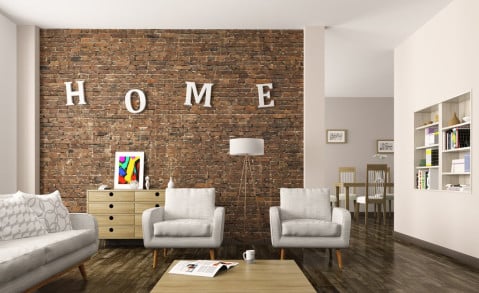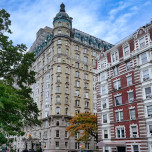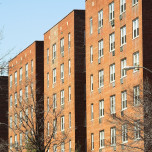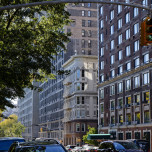
How To Buy An Apartment In New York City
Getting Approved by a Co-op or Condo Board

The board application
Unless you’re buying a new construction condo or a co-op sold directly by the building’s sponsor, your purchase usually must be approved by the co-op or condo board. This involves submitting a 45-page-long, invasive, much bemoaned application package assembled by you and your broker that includes tax returns, personal and professional recommendation letters, financial statements and much, much more. Some applications only reach back a couple of years; others go all the way back to the day you graduated from college.
As explained earlier, condos may make you work just as hard as a co-op, but basically have to accept you, unless they exercise their right of first refusal and buy the apartment out from under you. This almost never happens. And in new construction, there is not even an application package.
There are also a couple of situations in which a co-op cannot reject you:
- “Cond-ops” A few buildings (sometimes referred to as “cond-ops” for their condo-like approvals power) are actually forbidden by their own bylaws from turning down a buyer who satisfies basic conditions for buying .
- Sponsor sales If you buy a co-op directly from the sponsor, you will not need to be approved by the board. For more about sponsor apartments, read our guide.
The vast majority of rejections occur before the co-op board interview, based solely on your application.
Co-op boards do not have to explain why they rejected you. So although, legally, they must abide by Fair Housing Laws and not discriminate on the basis of race, religion, family status, etc., the fact is that anything can and probably does happen behind closed doors and sealed lips.
The possible and not always obvious reasons (most legal, some not) for rejection based on your application include:
- The size, breed, temperament, etc., of your dog.
- The board suspects you plan to use the apartment as a pied a terre rather than your primary residence.
- You are buying the place for your grown kids.
- You need a guarantor to afford the apartment.
- You won’t have enough cash left over after buying the apartment to meet “liquid reserve” requirements, which can range from $25,000 all the way up to 1x to 3x the purchase price of the apartment.
- You don’t have a strong enough presence in the United States (where will they sue and collect money if you default on the maintenance).
- You are a musician (noisy), record producer (like to party), or attorney (litigious).
- You are an at-home music teacher (noise + lots of visitors) or operate some other objectionable home-based business.
- You have a history of being litigious and/or suing a former neighbor, board or landlord.
- You posted stupid pictures of yourself on Facebook that suggest your lifestyle is not an ideal fit.
- You are paying too little for the apartment (it will drag down property values for the whole building).
- There are discrepancies in your financial package that have not been adequately explained.
- Your income relies too much on discretionary bonuses or on commissions.
- You haven’t been at your current job long enough.
- The board members are worried that the price is too low and will hurt the building’s property values (more common in a buyer’s market)
The board interview

There's good news about the co-op board interview.
Most of the time, if you’ve gotten to the interview (or in the Covid era, a virtual co-op board interview conducted over Zoom or FaceTime), you probably won't be rejected, because the vast majority of turndowns are based on a buyer's financial package and occur before an interview takes place. (Attorneys have counseled their boards to do this in order to cut down on lawsuits alleging discrimination.) So something will need to go very awry in the interview for the board to reject you.
That said, here are 5 tips for acing your interview:
1. Don’t answer any questions you’re not asked
Give lots of “yes” and “no” answers, resisting the urge to elaborate or sell yourself.
2. Be very familiar with your board application
You should be able to quickly and concisely answer questions about it.
3. Arrive on time and dress professionally
If you're being interviewed over Zoom, consider your backdrop. More of your real (personal) life may be on display than you intend, including your taste in decor and the manners of your pet or child should they make an unexpected appearance. Strategize accordingly. You may want to move the drumset to other room.
4. Couples should decide in advance who will answer certain types of questions
For example, one partner might answer all the financial questions, and the other handles the rest.
5. Avoid asking questions
They can unintentionally convey negative feelings or intentions such as, “Do you intend to renovate the lobby?” Plus, all your questions should be answered by now as you’ve already agreed to buy the place.
Short, cordial interviews are generally a good sign. You won’t find out whether you’re approved until later though, usually within a few days.

























